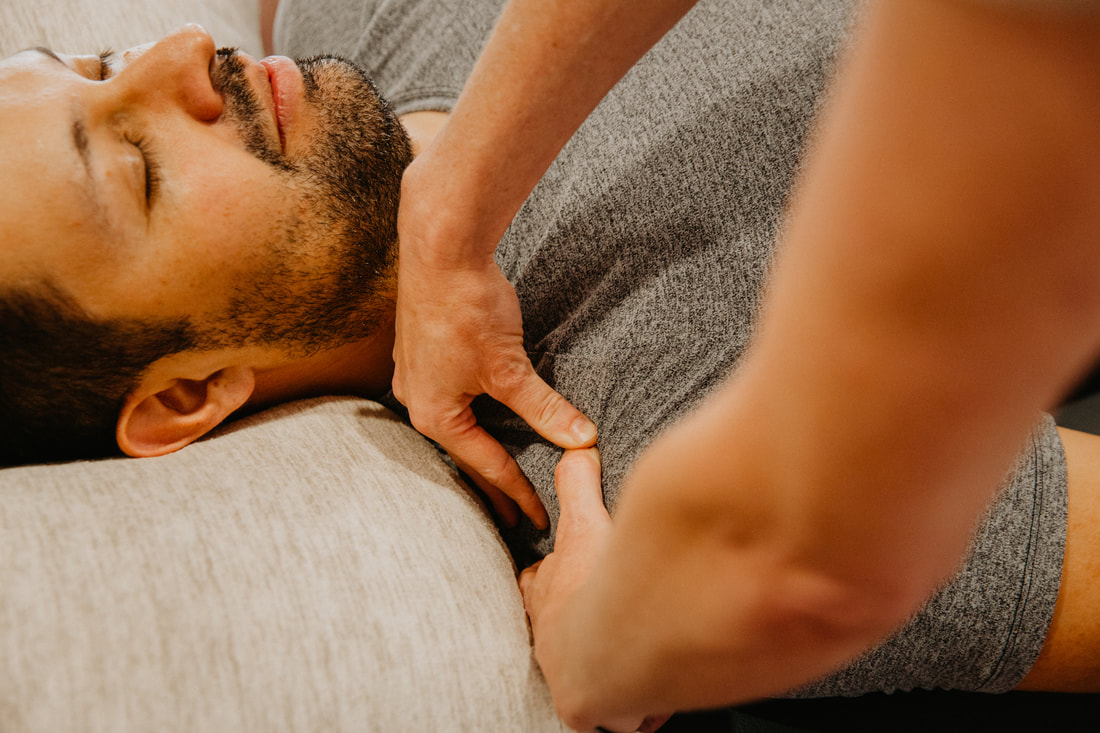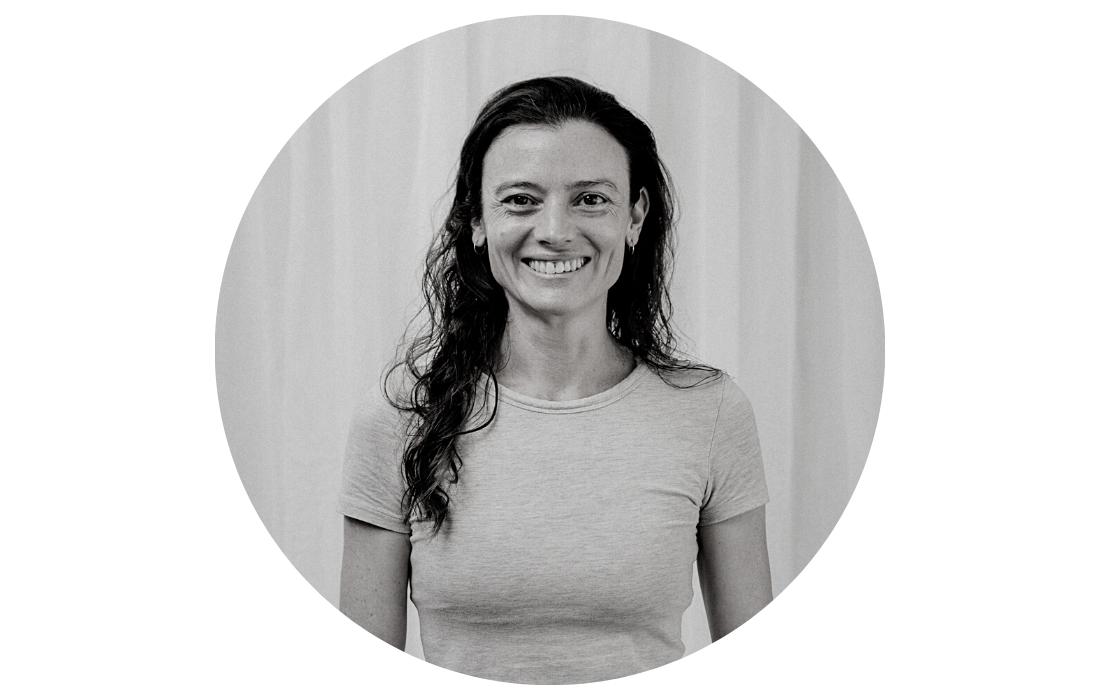Rotator cuff injury physiotherapy Brisbane southside.
A rotator cuff injury refers to any damage or tear to the muscles or tendons that make up the rotator cuff in the shoulder. The rotator cuff is a group of four muscles and their associated tendons that work together to help stabilise and move the shoulder joint.
Rotator cuff injuries are common and can occur from repetitive overhead movements or from sudden trauma, such as a fall or sports-related injury. Symptoms can include pain, weakness, and limited range of motion in the shoulder.
How is a Rotator Cuff Injury Diagnosed?
A thorough physical examination by a physiotherapist is essential to diagnose a rotator cuff injury. They will assess your shoulder's range of motion, strength, and stability, as well as perform special tests to evaluate the rotator cuff muscles' integrity.
In some cases, an imaging test such as an ultrasound, X-ray, or MRI may be ordered to confirm the diagnosis and assess the extent of the injury.
How Can Physiotherapy Help After Rotator Cuff Injury Diagnosis?
Physiotherapy plays a crucial role in the management of rotator cuff injuries. A physiotherapist can develop an individualised treatment plan that addresses your specific needs and goals.
The first stage of physiotherapy is typically pain management and protection of the injured area. This may involve rest, ice, and medication, as well as avoiding aggravating activities.
As your symptoms improve, your physiotherapist will progress your treatment to include exercises to improve your range of motion, strength, and stability. They may also use manual therapy techniques, such as soft tissue massage, joint mobilisation, and stretching, to help improve shoulder function.
Additionally, your physiotherapist will work with you to correct any underlying movement or postural imbalances that may have contributed to your injury, reducing the risk of future injury.
How Can Clinical Pilates Help with Rotator Cuff Injury?
Clinical Pilates is a form of exercise that focuses on improving core stability, posture, and balance. It can be a beneficial addition to traditional physiotherapy treatment for rotator cuff injuries.
Clinical Pilates exercises are low impact and can be tailored to your specific injury and fitness level. They can help improve shoulder stability, flexibility, and overall function while reducing the risk of reinjury.
Pilates exercises that specifically target the rotator cuff muscles include exercises such as shoulder external rotation, scapular retraction, and shoulder flexion. These exercises can help strengthen the rotator cuff muscles, which play a critical role in shoulder stability and movement.
Prevention of Rotator Cuff Injuries:
Rotator cuff injuries can be prevented by following some simple tips. Some of these tips include:
Surgery for Rotator Cuff Injuries:
In some cases, surgery may be necessary to repair a severely torn rotator cuff. Surgery is usually recommended when non-surgical treatments, such as physiotherapy, fail to improve symptoms or when there is significant damage to the muscle or tendon.
Rotator cuff surgery is typically performed as an outpatient procedure under general anesthesia. The surgeon will make small incisions in the shoulder and use specialised instruments to repair the torn muscle or tendon.
Following surgery, a period of rest and immobilisation is required to allow the shoulder to heal properly. Physiotherapy is an essential part of the rehabilitation process and can help restore shoulder function and strength.
Home Exercises for Rotator Cuff Injuries:
Home exercises can be an effective way to complement physiotherapy treatment and speed up recovery. Your physiotherapist can provide you with a customised exercise program that addresses your specific needs and goals.
Some exercises that may be included in a home exercise program for rotator cuff injuries include:
Importance of Seeking Treatment Early:
Seeking treatment early for rotator cuff injuries is essential to prevent further damage and improve outcomes. Delaying treatment can lead to worsening symptoms, chronic pain, and even long-term disability.
If you're experiencing any shoulder pain or weakness, it's important to seek medical attention from a physiotherapist or healthcare provider. An early diagnosis and treatment plan can help reduce pain, improve function, and prevent long-term complications.
If you or a loved one has questions about rotator cuff injury and how our physiotherapists might be able to help please call us on 07 3706 3407 or email [email protected]. We would love to work with you!
Rotator cuff injuries are common and can occur from repetitive overhead movements or from sudden trauma, such as a fall or sports-related injury. Symptoms can include pain, weakness, and limited range of motion in the shoulder.
How is a Rotator Cuff Injury Diagnosed?
A thorough physical examination by a physiotherapist is essential to diagnose a rotator cuff injury. They will assess your shoulder's range of motion, strength, and stability, as well as perform special tests to evaluate the rotator cuff muscles' integrity.
In some cases, an imaging test such as an ultrasound, X-ray, or MRI may be ordered to confirm the diagnosis and assess the extent of the injury.
How Can Physiotherapy Help After Rotator Cuff Injury Diagnosis?
Physiotherapy plays a crucial role in the management of rotator cuff injuries. A physiotherapist can develop an individualised treatment plan that addresses your specific needs and goals.
The first stage of physiotherapy is typically pain management and protection of the injured area. This may involve rest, ice, and medication, as well as avoiding aggravating activities.
As your symptoms improve, your physiotherapist will progress your treatment to include exercises to improve your range of motion, strength, and stability. They may also use manual therapy techniques, such as soft tissue massage, joint mobilisation, and stretching, to help improve shoulder function.
Additionally, your physiotherapist will work with you to correct any underlying movement or postural imbalances that may have contributed to your injury, reducing the risk of future injury.
How Can Clinical Pilates Help with Rotator Cuff Injury?
Clinical Pilates is a form of exercise that focuses on improving core stability, posture, and balance. It can be a beneficial addition to traditional physiotherapy treatment for rotator cuff injuries.
Clinical Pilates exercises are low impact and can be tailored to your specific injury and fitness level. They can help improve shoulder stability, flexibility, and overall function while reducing the risk of reinjury.
Pilates exercises that specifically target the rotator cuff muscles include exercises such as shoulder external rotation, scapular retraction, and shoulder flexion. These exercises can help strengthen the rotator cuff muscles, which play a critical role in shoulder stability and movement.
Prevention of Rotator Cuff Injuries:
Rotator cuff injuries can be prevented by following some simple tips. Some of these tips include:
- Proper Technique: If you're involved in any activity that involves overhead movements, such as weightlifting, tennis, or swimming, make sure you use proper technique. Incorrect technique can put excessive strain on the rotator cuff muscles, leading to injury.
- Rest and Recovery: Rest and recovery are essential to prevent rotator cuff injuries. Allow your shoulder muscles to recover and heal after intense physical activity, and don't push yourself beyond your limits.
- Gradual Progression: When starting a new exercise program or activity, start slowly and gradually build up your intensity and duration over time. This allows your muscles and joints to adapt to the new demands gradually.
- Stretching and Warm-up: Always warm up your shoulder muscles before starting any activity or exercise. A proper warm-up can help increase blood flow to the muscles, making them more pliable and less prone to injury. Similarly, stretching after exercise can help prevent muscle tightness and injury.
Surgery for Rotator Cuff Injuries:
In some cases, surgery may be necessary to repair a severely torn rotator cuff. Surgery is usually recommended when non-surgical treatments, such as physiotherapy, fail to improve symptoms or when there is significant damage to the muscle or tendon.
Rotator cuff surgery is typically performed as an outpatient procedure under general anesthesia. The surgeon will make small incisions in the shoulder and use specialised instruments to repair the torn muscle or tendon.
Following surgery, a period of rest and immobilisation is required to allow the shoulder to heal properly. Physiotherapy is an essential part of the rehabilitation process and can help restore shoulder function and strength.
Home Exercises for Rotator Cuff Injuries:
Home exercises can be an effective way to complement physiotherapy treatment and speed up recovery. Your physiotherapist can provide you with a customised exercise program that addresses your specific needs and goals.
Some exercises that may be included in a home exercise program for rotator cuff injuries include:
- Pendulum Exercises: Gently swing your arm back and forth, side to side, and in a circular motion to help improve shoulder mobility.
- Wall Angels: Stand with your back against a wall and your arms bent at a 90-degree angle. Slowly move your arms up and down, maintaining contact with the wall, to help improve shoulder range of motion and stability.
- Shoulder External Rotation: Hold a resistance band or light weight in your hand and rotate your arm outward, away from your body, to help strengthen the rotator cuff muscles.
- Scapular Retraction: Sit or stand with your arms at your sides and your shoulders relaxed. Squeeze your shoulder blades together, hold for a few seconds, and release to help improve posture and shoulder stability.
Importance of Seeking Treatment Early:
Seeking treatment early for rotator cuff injuries is essential to prevent further damage and improve outcomes. Delaying treatment can lead to worsening symptoms, chronic pain, and even long-term disability.
If you're experiencing any shoulder pain or weakness, it's important to seek medical attention from a physiotherapist or healthcare provider. An early diagnosis and treatment plan can help reduce pain, improve function, and prevent long-term complications.
If you or a loved one has questions about rotator cuff injury and how our physiotherapists might be able to help please call us on 07 3706 3407 or email [email protected]. We would love to work with you!
Who to book in with:
Monica Hanna
|
Yulia Khasyanova
|
Emma Cameron
|



